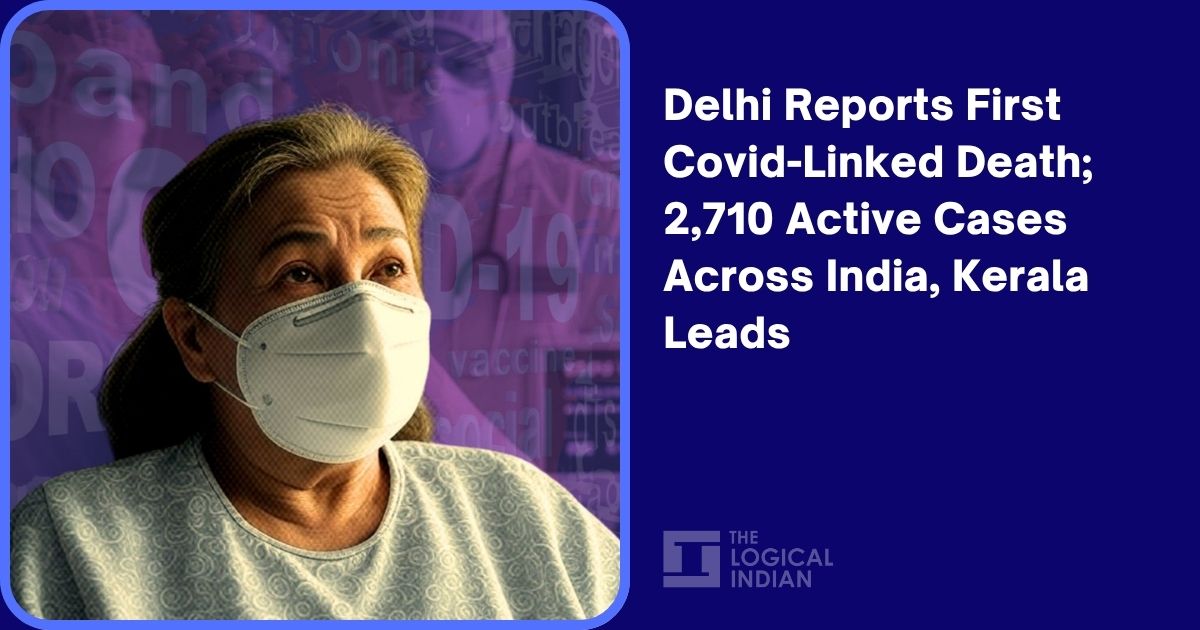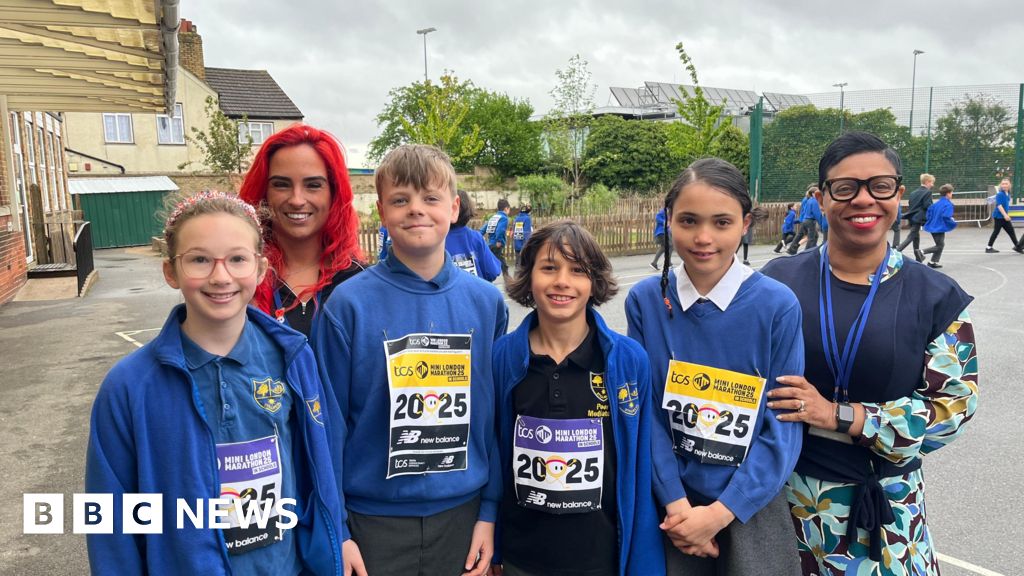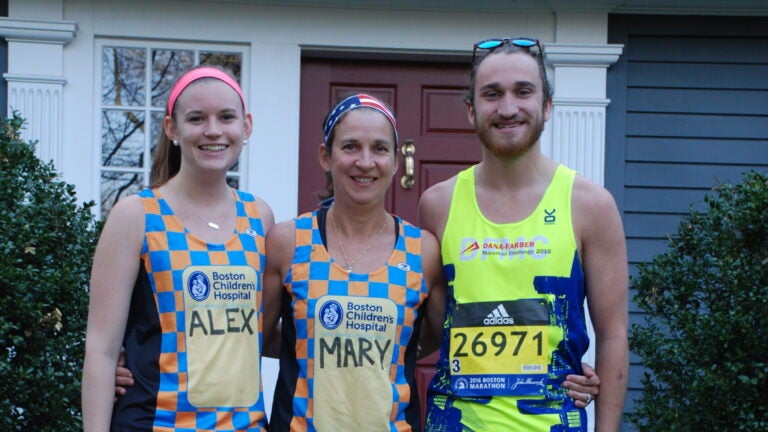COVID-19 Surges in India with New Variant Concerns and Fatalities

India is witnessing a concerning resurgence of COVID-19, marked by an increase in active cases and fatalities. Delhi recently recorded its first COVID-19 death in the current surge, a 60-year-old woman who succumbed to post-surgical complications where COVID-19 was detected incidentally. This incident is part of a grim tally of seven COVID-related deaths reported across India in a single 24-hour period, signaling a renewed need for caution. Nationwide, active cases have risen to 2,710, with Kerala, Maharashtra, and Delhi reporting the highest numbers.
In Delhi, the deceased 60-year-old woman was admitted for acute abdominal pain and later diagnosed with an intestinal obstruction, requiring emergency surgery. A routine post-operative COVID-19 test returned positive, and despite medical efforts, she passed away, becoming the city's first fatality in this wave and the second this year. The capital also reported 56 new COVID-19 cases, bringing its active caseload to 294. Health officials emphasize that while most new cases are mild, the elderly and individuals with pre-existing conditions face heightened risks. Delhi Chief Minister Rekha Gupta has assured that hospitals are equipped and the situation is under control, though she urged continued public caution.
The worrying trend extends across India, with seven deaths reported in 24 hours: two in Maharashtra, and one each in Delhi, Gujarat, Karnataka, Punjab, and Tamil Nadu. Kerala leads with 1,147 active cases, followed by Maharashtra (424) and Delhi (294). Health authorities attribute this current surge to highly transmissible Omicron sub-lineages NB.1.8.1 and LF.7, although these variants have not yet been linked to increased disease severity. Union Health Minister Prataprao Jadhav affirmed that both the Central Health Department and the AYUSH Ministry are closely monitoring the situation across all states.
Other states are also taking measures. Kerala, the worst-affected, saw 227 new infections in 24 hours and is conducting extensive testing. Maharashtra, with 424 active cases and two recent deaths (a 67-year-old male with comorbidities and a 21-year-old male with diabetic ketoacidosis), is ensuring hospital preparedness. Gujarat reported 223 active cases and one death. Karnataka, with 148 active cases, reported one death of a 70-year-old male with multiple underlying conditions. Tamil Nadu also has 148 active cases and reported one death of a 60-year-old male with several comorbidities. Punjab recorded one death of a 39-year-old male with Hepatitis B and acute respiratory syndrome. West Bengal has 116 active cases, and Mizoram reported two cases after a seven-month gap, indicating ongoing surveillance.
Beyond the immediate surge, concerns are growing about Long COVID, a condition where symptoms persist for months post-recovery. Experts warn that new COVID-19 variants, including JN.1 which has caused surges in Southeast Asia, and the circulating NB.1.8.1 and LF.7, may trigger severe Long COVID symptoms, particularly in children. While initial COVID-19 symptoms might last a few days, Long COVID manifests as a cluster of post-COVID symptoms that can appear days after initial recovery and last for three months or even longer, with fluctuating intensity. Common Long COVID symptoms include issues with taste and smell, brain fog, nausea, shortness of breath, sleep disturbances, and digestive problems.
Long COVID is not limited to adults; children are also susceptible. A study published in JAMA, conducted by researchers at Mass General Brigham, investigated long-term COVID-19 symptoms in children. The research, which evaluated 472 infants/toddlers and 539 preschool-aged children, highlighted that symptoms can vary by age. For children under two, parents and caretakers must be vigilant for symptoms like crankiness, poor appetite, sleeping difficulties, cough, and a stuffy nose, as these might go unnoticed. Preschool children aged 3-5 years may exhibit symptoms such as a dry cough, morning fatigue, and lethargy. The study indicated that children with these symptoms often experienced poor overall health, compromised quality of life, and developmental delays. Co-first author Tanayott Thaweeth emphasized the study's importance in showing that Long COVID symptoms in young children differ from those in older children and adults.
Several groups are considered at higher risk for developing Long COVID. These include individuals with prior health conditions, women, children, the elderly, those who experienced severe COVID-19 illness, and people with multi-system inflammatory disorder. Chronic conditions like diabetes or high blood pressure also increase risk. Unvaccinated individuals are also more vulnerable. It is strongly advised that anyone developing long-term COVID symptoms seek prompt medical attention. Parents and caretakers of young children, especially those under two, should be particularly observant to detect symptoms early and prevent conditions from worsening.
Medical experts, including Dr. Randeep Guleria, former AIIMS Director, stress the importance of early detection and medical care, especially for those with comorbidities. Dr. Guleria noted that while new variants may not cause severe illness in most, vulnerable individuals should be extra cautious, seek early testing, and consult doctors rather than self-medicating. To minimize risk, health authorities recommend several safety measures: wearing masks in crowded indoor settings, frequent handwashing or sanitizing, covering coughs and sneezes, maintaining physical distance, staying home when sick, getting vaccinated and boosted, monitoring health, ventilating indoor spaces, avoiding touching the face with unwashed hands, and supporting vulnerable community members.
The recent COVID-19 fatalities and the ongoing threat of Long COVID serve as a sobering reminder that the pandemic continues to pose risks, particularly to vulnerable populations. It is crucial for everyone to remain vigilant, adhere to public health guidelines, and demonstrate empathy towards those affected. By fostering solidarity, prioritizing collective well-being, and supporting healthcare workers, society can navigate this renewed challenge and strengthen its resilience to protect its most vulnerable members.









